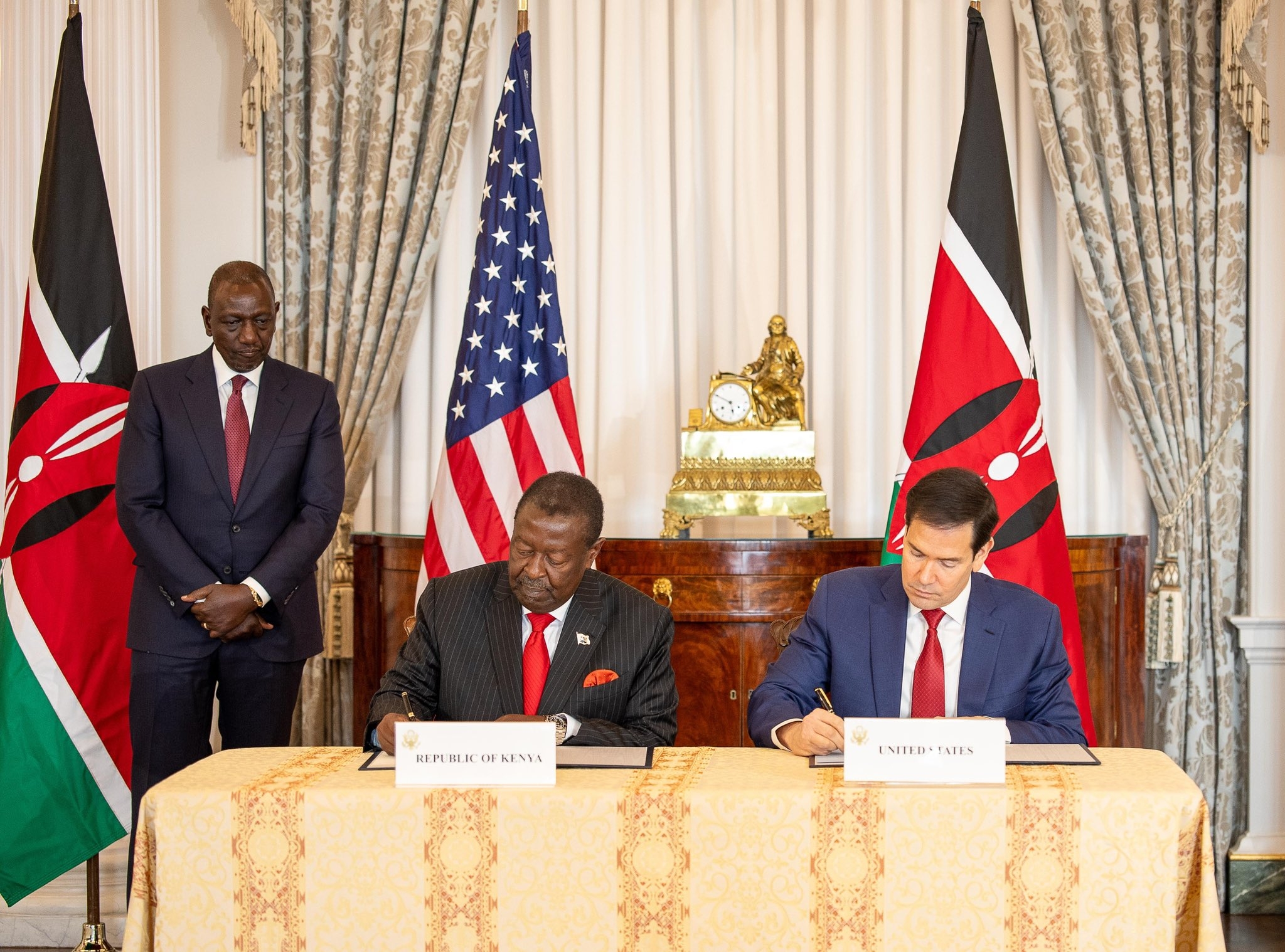
 DIG Eliud Lagat/FILE
DIG Eliud Lagat/FILE Deputy Inspector General of Police Eliud Lagat has suffered a legal setback after the High Court ruled that it has the jurisdiction to hear a petition challenging his directive to step aside from office following the controversial death of blogger Albert Ojwang.
Lagat had contested the court’s power to hear the case, arguing that the matter falls within the internal mechanisms of the National Police Service (NPS) and should be determined by the Employment and Labour Relations Court (ELRC).
Through his lawyer, Cecil Miller, Lagat submitted that the decision requiring him to step aside was essentially an employment and administrative issue, not a constitutional matter.
Miller maintained that the petition touched on employer-employee relations within the NPS, and therefore, the High Court lacked the proper jurisdiction.
“What is before you as a petition is an issue relating to employment and internal decisions within the police,” Miller argued, urging the court to strike out the case on jurisdictional grounds.
However, in his ruling on Friday, Justice Chacha Mwita dismissed the objection, holding that the issues raised went beyond ordinary employment disputes.
According to the judge, the petition squarely concerns the interpretation of constitutional principles and the legality of decisions made by the National Police Service Commission (NPSC).
“The issues raised do not include the determination of employer-employee relationship or related matters; rather, the issues are purely on the interpretation of the Constitution and the law, namely, whether Lagat’s actions were constitutional and legal,” Justice Mwita ruled.
He affirmed that the High Court had the jurisdiction to hear the case and consequently dismissed Lagat’s objection with no order as to costs.
“I affirm that this court has jurisdiction to hear the petition. Consequently, the preliminary objection is overruled and dismissed,” he stated.
The petition was filed by Eliud Matindi, who challenged the process through which Lagat was directed to step aside.
Matindi argued that the matter involved fundamental constitutional questions, including whether public officers can be compelled to vacate office without a clear legal framework or due process.
In his view, the matter extends beyond an employment dispute, raising concerns over the legality and transparency of public officeholders stepping aside without a formal process or clear legal framework.
Matindi argues that Lagat's continued occupancy of the DIG office, despite notifying the Commission of his stepping aside, lacks legal grounding and should render the position vacant.
The ruling now clears the way for a full hearing of the petition, with submissions scheduled to be highlighted on November 17, 2025.

















